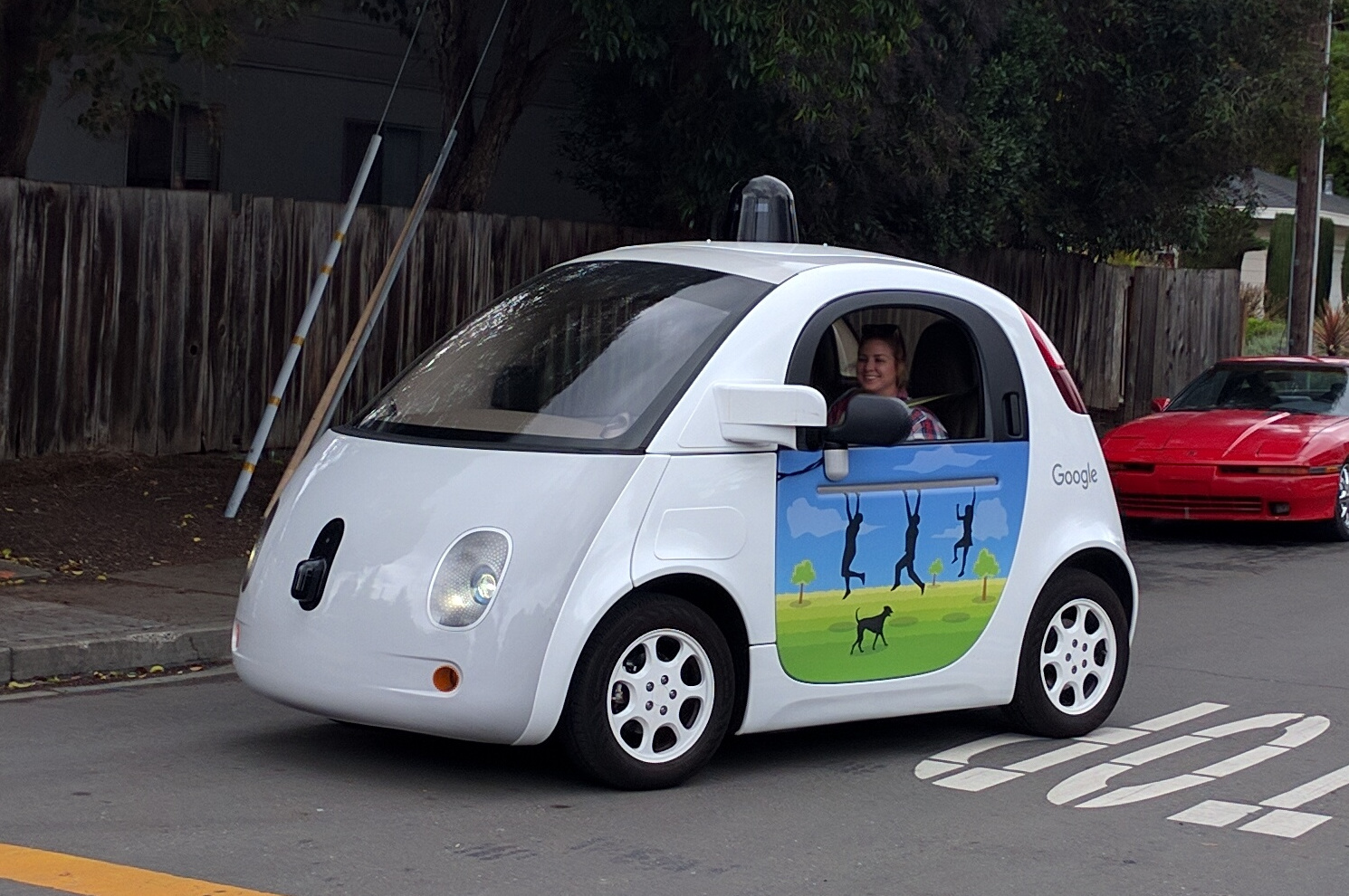|
In recent years, quantum machine learning has emerged as a groundbreaking field at the intersection of quantum computing and artificial intelligence. This innovative approach holds the potential to revolutionize data analysis by harnessing the power of quantum mechanics to enhance machine learning algorithms. Traditional machine learning techniques have made significant advancements in various domains, but they face limitations when it comes to handling complex datasets or solving computationally intensive problems. Quantum machine learning aims to overcome these challenges by leveraging the unique properties of quantum systems, such as superposition and entanglement. One of the key advantages of quantum machine learning is its ability to process massive amounts of information simultaneously due to superposition. In classical computing, data is processed sequentially, which can be time-consuming for large datasets. However, quantum computers can represent and manipulate multiple states simultaneously, enabling parallel processing and accelerating computation. Another essential concept in quantum machine learning is entanglement, which allows quantum systems to exhibit correlations that are not possible in classical systems. By exploiting entanglement, researchers can develop quantum algorithms that outperform classical machine learning algorithms in certain tasks. For example, quantum support vector machines (SVMs) can achieve higher classification accuracy and faster training times compared to their classical counterparts. Furthermore, quantum machine learning offers new possibilities for improving optimization algorithms. Many real-world problems, such as portfolio optimization or logistics planning, require finding the best solution among a vast number of possibilities. Quantum optimization algorithms, such as quantum annealing and the quantum approximate optimization algorithm (QAOA), have shown promising results in solving these optimization problems more efficiently than classical algorithms. Despite its immense potential, quantum machine learning still faces several challenges. One major hurdle is the requirement for large-scale, error-corrected quantum computers. Quantum systems are highly susceptible to noise and errors, which can negatively impact the accuracy of computations. Therefore, developing robust quantum error correction techniques is crucial to overcome these limitations and pave the way for practical quantum machine learning applications. Moreover, quantum machine learning algorithms need to be designed and adapted to exploit the unique properties of quantum systems effectively. Researchers are actively working on developing new quantum machine learning models and adapting classical algorithms for quantum computers. This process involves understanding the strengths and limitations of different quantum hardware platforms, such as superconducting qubits, trapped ions, or topological qubits. quantum machine learning holds tremendous promise in revolutionizing data analysis. By harnessing the power of quantum computing, this emerging field has the potential to overcome the limitations of classical machine learning techniques and solve complex problems more efficiently. While there are still challenges to overcome, ongoing research and advancements in quantum hardware and algorithms will undoubtedly drive the future of quantum machine learning and its transformative impact on various industries.  |
